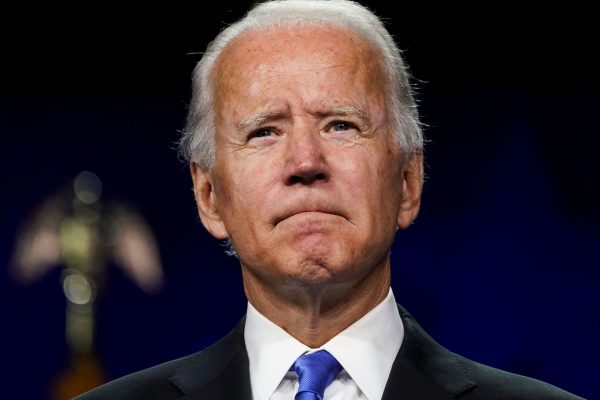The U.S. Congress has successfully passed a bipartisan stopgap funding bill, averting a looming government shutdown just days before the deadline.
The measure passed overwhelmingly in the House of Representatives with a vote tally of 366-34, reflecting widespread support across party lines.
Key Provisions of the Bill
This streamlined funding bill ensures the continued operation of federal agencies, providing a temporary fix until a more comprehensive budget can be agreed upon. While the bill includes disaster relief funding to address immediate needs, it notably excludes provisions addressing the debt ceiling, a topic expected to resurface in future negotiations.
Bipartisan Effort
The stopgap measure saw broad bipartisan support, with Democrats largely outnumbering Republicans in backing the legislation. Lawmakers emphasized the importance of avoiding disruptions during the holiday season and maintaining essential government services. Speaker of the House Mike Johnson stated, “This is a critical step to ensure stability while we work towards a long-term resolution.”
Despite this temporary solution, contentious debates on spending priorities and fiscal responsibility loom on the horizon. Political analysts predict intense discussions as Congress tackles broader issues, including healthcare, education, and defense funding. The exclusion of the debt ceiling from this bill indicates that significant negotiations remain unresolved.
Public and Economic Impact
The passage of the bill has been met with relief from various sectors, including federal employees and businesses reliant on government contracts. However, the uncertainty surrounding long-term fiscal policies continues to weigh on economic forecasts. Economists warn that failure to address underlying budgetary issues could lead to economic instability in the coming months.
As lawmakers prepare for the next round of negotiations, the nation watches closely, hoping for a durable solution that addresses pressing financial concerns without compromising essential services.
Stay updated for further developments on federal funding and Congressional negotiations.







